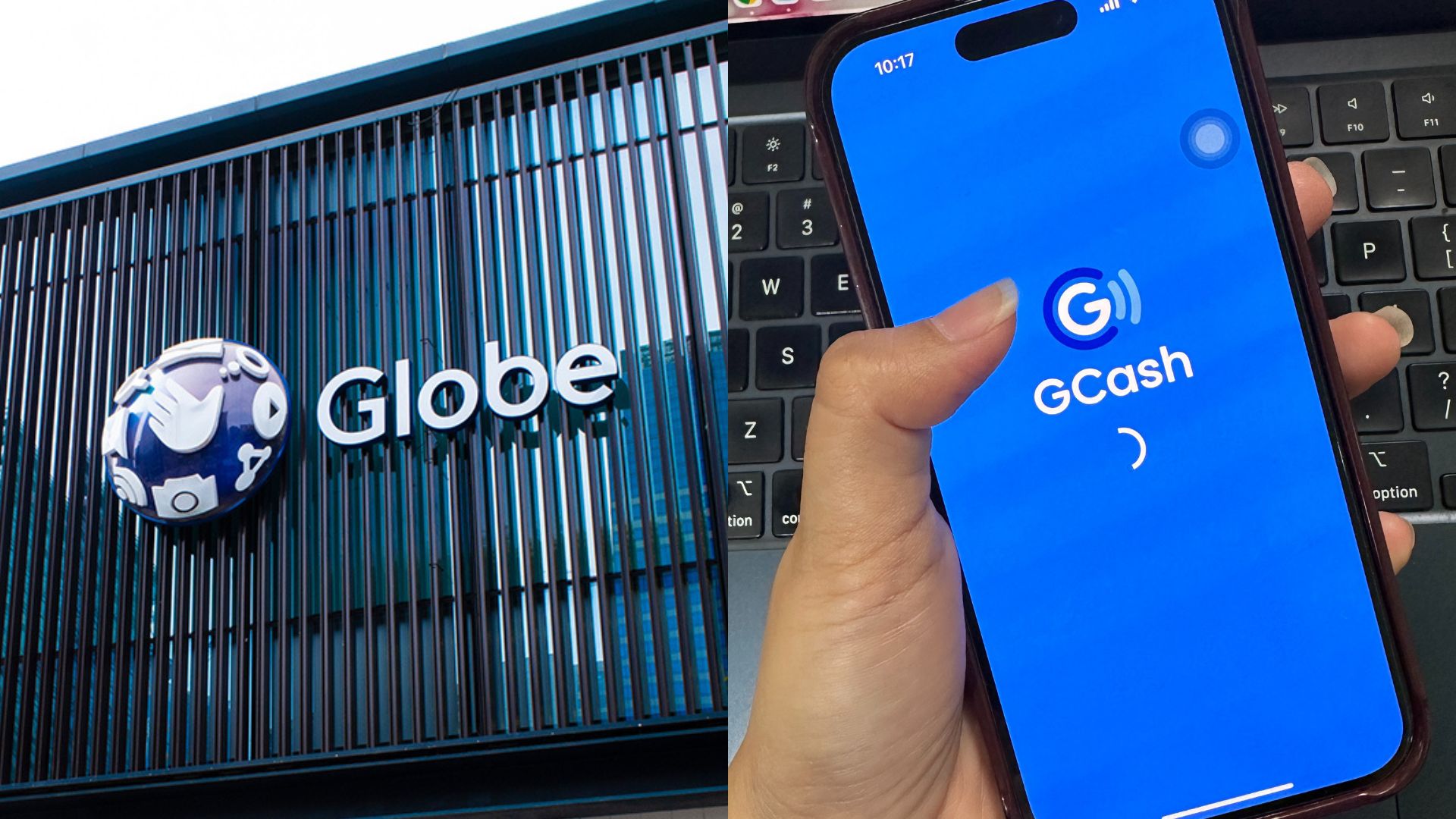The reported data leak involving G-Xchange Inc., operator of GCash, is not just a test of cybersecurity. It is also a defining moment for Globe Telecom’s broader transformation from a traditional telco into a digital powerhouse. How GCash manages this crisis could shape the future of Globe’s reputation, its investor confidence, and the timing of a long-anticipated fintech listing.
Globe has spent the last five years rebranding itself as a digital platform company. Its ventures now include fintech, health tech, and ad tech. But among these, GCash, through Globe’s fintech arm Mynt, has been the star performer. The mobile wallet dominates the Philippine market with more than 80 million users, processing billions of pesos in daily transactions. Analysts have long speculated that Globe would list Mynt or GCash as a separate entity, unlocking value and reinforcing its digital leadership story.
That plan now faces a reputational hurdle. The National Privacy Commission is investigating an alleged breach after a dark web post claimed to sell sensitive GCash user information, including account numbers, bank links, and identification records. While GCash has not confirmed any breach, the investigation alone has revived questions about data protection in the country’s fastest-growing financial app.
For Globe, the timing is unfortunate. The company has been divesting non-core assets to streamline its balance sheet and make room for high-growth businesses. An IPO of GCash or Mynt would not only raise fresh capital but also prove to investors that the company’s digital pivot is working. A confirmed data breach, however, could undermine that narrative and push back any listing plans until the company demonstrates stronger security controls.
Market analysts say that even the perception of weak data safeguards can affect investor sentiment. For fintech companies, where growth depends on user confidence and transaction volume, reputation is a form of currency. A dent in public trust can easily translate into slower adoption, lower transaction activity, and reduced investor appetite.
For consumers, the issue goes beyond one company. Millions of Filipinos now rely on digital wallets for remittances, bills, and daily payments. If trust erodes in the system, it could slow the country’s shift toward a cashless economy. Regulators may also tighten compliance requirements for all fintechs, increasing costs across the industry.
For Globe, the coming weeks are crucial. How its subsidiary G-Xchange responds to the NPC’s probe, through transparency, user communication, and system audits, will determine whether investors view the incident as a stumble or a symptom of deeper governance risks.
If handled well, Globe could even turn the episode into a proof of strength, showing that it can manage crises responsibly and maintain public confidence. But if mishandled, it could delay not just GCash’s IPO but also Globe’s broader ambitions to be seen as the country’s premier digital conglomerate.
Either way, the message is clear. In the digital economy, innovation brings opportunity, but trust remains the ultimate asset, and once it wavers, even the most promising valuation can fall as fast as a single click.


